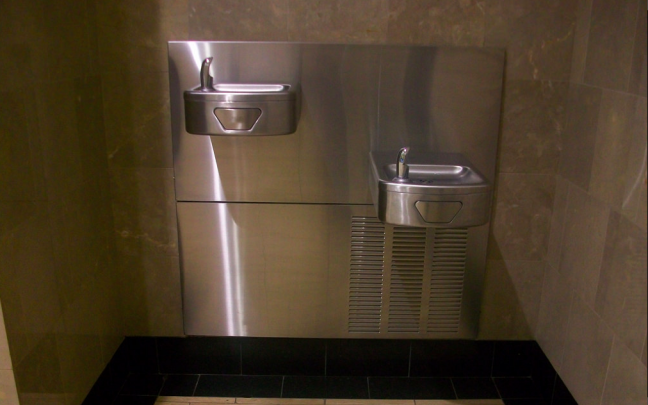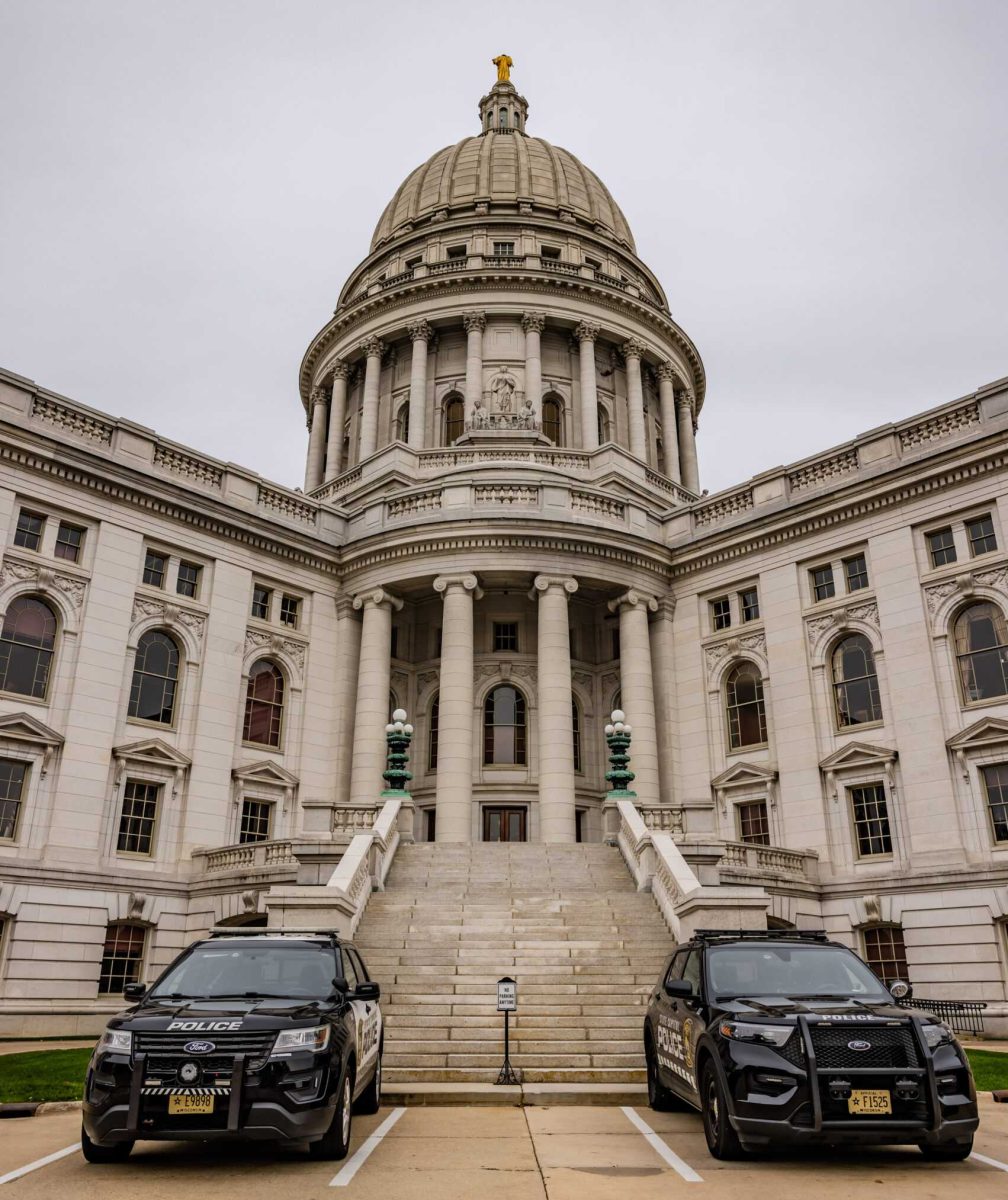In its first meeting since the proposal of the Madison Capital Budget, the Committee on the Environment proposed ideas for funding more environmentally-friendly public buildings with water softeners.
One of the main suggestions included updating water softeners that could help the city cut down on water use and chlorides. Only five or six water softeners in public buildings still need to be updated, according to city engineer Mike Dailey. The newer water softeners recharge based on use rather than on a timers like older softeners.
“It doesn’t matter if you use one gallon or 10,000 gallons. Whatever you set it for, that’s when it recharges, so you could be wasting a lot of salt and energy and water,” Dailey said about the old technology.
Dailey said the price per replacement varies, but on average, it costs about $4,000 to $5,000 to replace an old water softener. Updating the rest of the softeners would likely cost between $20,000 and $30,000. Dailey said it is not big money in comparison to such a large budget.
Ald. Zach Wood, District 8, said high sodium levels in city water can have negative environmental and economic impacts.
“Newer water softeners are both more water efficient, and they also allow you to use less salt,” Wood said. “If we can get less salt in the water by using less, that saves the city money and improves our water quality.”
High sodium levels become an issue when the salt runs into the sewers. Wood said Madison’s waters have relatively high sodium, partly because the water is very hard and people then oversalt it.
Wood said the sewer treatment facility in Madison cannot remove the salt, meaning it ends up in the receiving waters.
The funding for the updates would most likely come from money leftover from the 2016 Capital Budget for general sustainability improvements and energy improvements, Wood said. The only buildings that may not be updated would be the Madison public libraries. However, the libraries have their own budget which they could use to complete the updates.
“This [energy improvement] program funds energy efficiency improvements within city-run facilities, and that’s what we’re looking to do,” Wood said.
The water softener update is not yet formalized because the committee plans to coordinate with other city bodies like the Sustainable Madison Committee to best prioritize sustainability projects. The committee said it hopes in updating all the softeners, it will create a precedent for other places in Dane County.
The committee members also considered setting stricter ordinances for idling buses, building more water filtering rain gardens and promoting leaf litter reduction in storm sewers before this fall. In future meetings, the committee plans to examine the visibility of LED street lights.


















